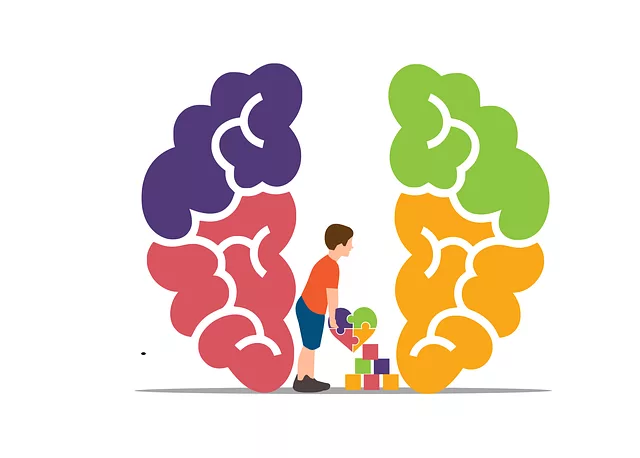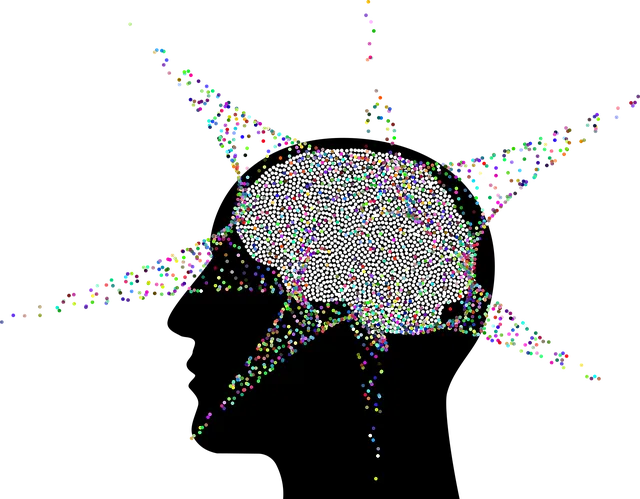Risk assessment is central to developing safe and effective Colorado Springs Kaiser mental health programs, guiding harm minimization strategies for various initiatives. The programs prioritize evidence-based practices like Social Skills Training in supportive environments, destigmatizing mental health issues through public awareness campaigns, and fostering resilience through continuous improvement. By regularly reviewing risk assessments, Colorado Springs Kaiser ensures tailored support and best practice alignment, enhancing client outcomes and demonstrating a commitment to high-standard mental health care.
“Risk assessment and harm minimization planning are paramount in ensuring the safety and well-being of individuals within mental health settings, particularly in dynamic environments like Colorado Springs Kaiser mental health programs. This article delves into three key components: understanding risk assessment as a foundational practice for safe programs; implementing effective harm minimization strategies to safeguard clients and staff; and emphasizing continuous improvement through regular review and update of risk assessment and harm minimization plans.”
- Understanding Risk Assessment: A Foundation for Safe Mental Health Programs
- Implementing Harm Minimization Strategies: Protecting Clients and Staff in Colorado Springs Kaiser Mental Health Programs
- Continuous Improvement: Regularly Reviewing and Updating Risk Assessment and Harm Minimization Plans
Understanding Risk Assessment: A Foundation for Safe Mental Health Programs

Risk assessment forms the cornerstone of developing safe and effective mental health programs, such as those offered by Colorado Springs Kaiser. It involves a systematic analysis of potential hazards and their likelihood to cause harm within the context of mental wellness initiatives. By identifying risks associated with various activities, environments, or interventions, healthcare providers can implement targeted strategies to minimize negative outcomes.
This foundational process guides the creation of comprehensive harm minimization plans. For instance, the Mental Wellness Journaling Exercise Guidance might include risk assessment steps to identify potential triggers for participants and ensure a supportive setting. Similarly, Healthcare Provider Cultural Competency Training emphasizes understanding diverse patient populations to deliver culturally sensitive care. Emotional Well-being Promotion Techniques can also benefit from risk assessment to tailor interventions, ensuring their effectiveness in enhancing overall mental health.
Implementing Harm Minimization Strategies: Protecting Clients and Staff in Colorado Springs Kaiser Mental Health Programs

Implementing harm minimization strategies is a cornerstone of the Colorado Springs Kaiser Mental Health Programs’ commitment to protecting both clients and staff. By integrating evidence-based practices, such as Social Skills Training, the programs aim to create a supportive environment that fosters positive interactions and reduces potential risks. Public Awareness Campaigns Development plays a vital role in this process by educating the community about mental health issues, thereby reducing stigma and promoting early intervention.
These strategies are not merely reactive; they’re proactive measures designed to enhance overall well-being. Encouraging positive thinking and building resilient coping mechanisms among participants is a key component of these initiatives. Through tailored interventions, Colorado Springs Kaiser Mental Health Programs strive to ensure that individuals receive the necessary support to navigate challenges safely and effectively.
Continuous Improvement: Regularly Reviewing and Updating Risk Assessment and Harm Minimization Plans

In the ever-evolving landscape of mental health care, such as those offered by Colorado Springs Kaiser’s programs, continuous improvement is paramount. Regularly reviewing and updating risk assessment and harm minimization plans are essential components of providing effective, tailored support for clients. This proactive approach ensures that strategies remain relevant and aligned with best practices in the field, fostering a dynamic environment conducive to mental wellness.
By integrating resilience building and inner strength development into these processes, programs can anticipate emerging challenges and adapt accordingly. Such regular assessments allow for data-driven decisions, refining interventions and ultimately enhancing client outcomes. This commitment to ongoing improvement not only reflects the evolving nature of mental health but also demonstrates a dedication to delivering the highest standard of care in Colorado Springs and beyond.
Risk assessment and harm minimization planning are vital components in ensuring the safety and well-being of clients and staff within mental health programs, such as those at Colorado Springs Kaiser. By understanding risk factors, implementing effective strategies, and committing to continuous improvement, these programs can create a robust framework for delivering high-quality care. Regular reviews and updates ensure that the approach remains relevant and tailored to the unique needs of the community, fostering a culture of safety and support in Colorado Springs Kaiser mental health programs.






